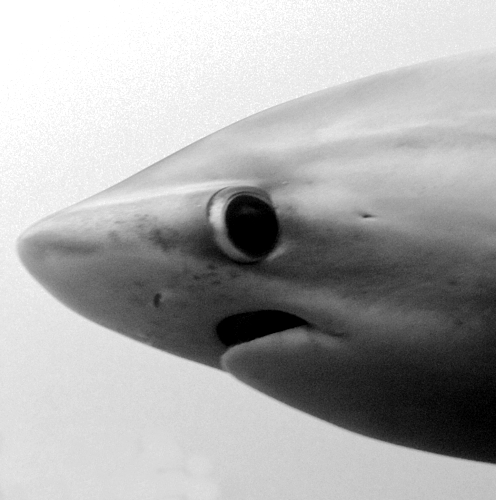Shark tech tested
 Tests of a shark-repelling surfboard suggest it can cut the likelihood of attack by two-thirds.
Tests of a shark-repelling surfboard suggest it can cut the likelihood of attack by two-thirds.
Scientists have been testing the Australian-made Rpela V2 - a surfboard-mounted shark deterrent device.
It was found to reduce the likelihood of bite by 66 per cent during testing off Western Australia, and cut shark interactions such as a nudge by 38 per cent, potentially giving surfers extra time to exit the water after encountering a predator.
The rechargeable device costs $500 and clips into the surfboard’s bottom deck. It produces an electric field around the surfer that overwhelms the shark’s electro-reception organs which they use to navigate and assess their surroundings.
Researchers say the electric pulses do not harm the creatures, likening it to humans moving away from unpleasantly loud music.
Bond University shark expert Dr Daryl McPhee surfers rather than other water users are increasingly being bitten by sharks, raising the importance of personal mitigation measures designed specifically for boardriders.
Dr McPhee says it is critical that all shark deterrents are tested so consumers could gauge their effectiveness.
“There are many different individual shark deterrents available but most, including some that are very popular, are not effective or have not been independently tested,” he said.
“This means surfers may put themselves at risk thinking they have an additional layer of protection when they do not.”
Dr McPhee said that overall, electric deterrents were the most effective. There are also magnetic, acoustic and spray devices.
“As well as the Rpela V2 we assessed in this study, electric deterrents developed by Ocean Guardian have been tested several times and have been shown to be effective,” he said.
“No shark deterrent is 100 per cent effective but when independent testing demonstrates a statistically significant reduction in interactions with sharks, consumers can be confident that safety is enhanced.”
In total, 46 trials were done with the Rpela v2 either active or not active to determine the device’s effect on sharks’ response to a floating board with fish bait attached (to tempt a bite).
When active, Rpela V2 significantly reduced the probability of a bite (0.75 to 0.25, a 66 per cent reduction) and interaction (i.e. bite or touch) (0.80 to 0.50, a 38 per cent reduction) occurring compared with when it was inactive.
The number of passes taken by a shark also reduced and the mean distance between the shark and the bait increased when Rpela v2 was active.
The scientists conducting the tests have no financial relationship with the manufacturer of Rpela V2.
The full study is accessible here.







 Print
Print